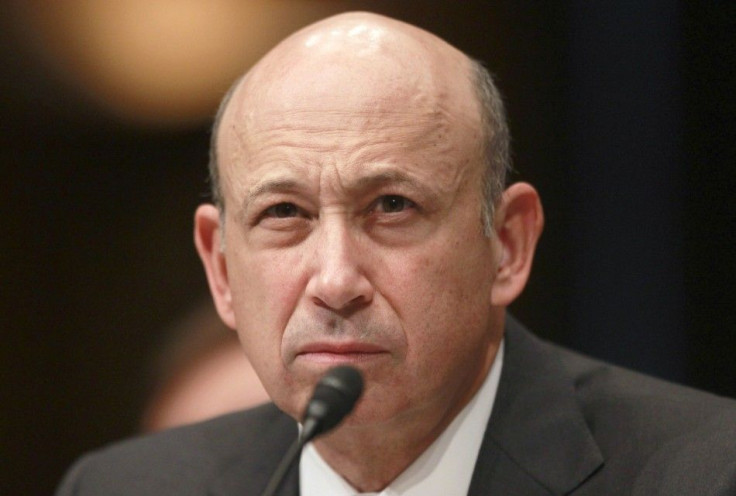Goldman Sachs Improves To 'Poor' In Reputation Poll, Still Ranks Dead Last

Goldman Sachs’ corporate reputation has risen from a dismal “very poor” to a humble “poor,” according to poll results released Friday. That may be small consolation, however: The investment bank still ranks dead last on a list of 100 U.S. companies.
The Harris Poll measures the most visible companies in the U.S. by corporate reputation. This year, the supermarket chain Wegmans topped the list, with Amazon.com Inc. a close second. American International Group Inc., the Bank of America Corp. and Citigroup Inc. all joined Goldman Sachs Group Inc. in the bottom quartile.
Financial firms have struggled to improve their standing on the list since the 2008 financial crisis sent the world economy -- and the industry’s public image -- tanking.
Goldman has launched a few public-relations campaigns since then, apparently to meager effect. The bank ran high-profile ads in the Wall Street Journal boosting its green investments and trumpeted a $500 million post-crash program to help small businesses. In 2012, the bank hired Richard L. Siewert Jr., a PR veteran of the U.S. Treasury Department and Clinton administration, to help soften the firm’s image.
Last March, Goldman launched a program to support women entrepreneurs in developing countries. At a cost of $50 million, it roughly equaled two years of compensation for Chairman and CEO Lloyd C. Blankfein.
The banking industry as a whole hasn’t seen stellar returns from recent PR salvos. In 2013, JPMorgan Chase & Co. swiftly abandoned a Twitter campaign branded #AskJPM after garnering responses such as “Can I have my house back?” (@AdamColeman4) and “What’s it like working with Mexican drug cartels?” (@ddayen). Thousands of jeers later, the bank tweeted contritely: “Bad Idea. Back to the drawing board.”
Perhaps the most indelible of Goldman’s image problems is Rolling Stone journalist Matt Taibbi’s 2009 characterization of the bank as “a great vampire squid wrapped around the face of humanity, relentlessly jamming its blood funnel into anything that smells like money.” The image has persisted, even cropping up five years later and an ocean away last year when Danes, protesting Goldman’s move into Denmark’s public utilities, carried signs adorned with squids.
“It’s been a long recovery to re-earn the trust of the consumers,” Harris Poll Vice President Carol M. Gstalder told the Wall Street Journal. But slowly, she said, banks’ reputations are improving.
© Copyright IBTimes 2025. All rights reserved.






















